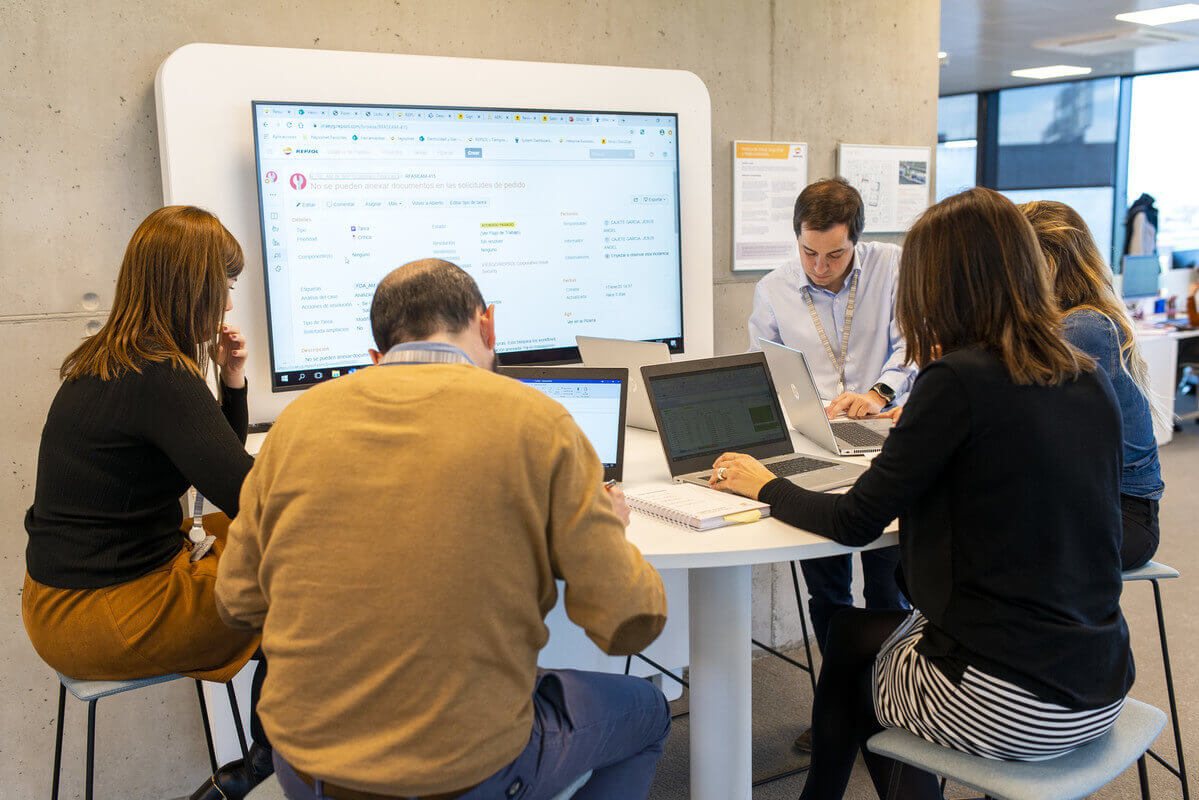Benefits of applying soft skills in your daily life
Benefits of applying soft skills in your daily life
Benefits of applying soft skills in your daily life
Boost your future professional growth
Boost your future professional growth
Companies are increasingly taking into account their employees' level of soft skills. Therefore, they can be key to your professional future and growth.
Increase your effectiveness and efficiency in your job
Increase your effectiveness and efficiency in your job
These skills enable you to relate better with the people around you by enhancing your ability to engage in dialogue and communicate effectively. By using them, you will be able to work much more effectively with your team.
Improve interpersonal relationships with your colleagues
Improve interpersonal relationships with your colleagues
Empathy, collaboration, and understanding are some of the key soft skills when it comes to building good relationships with your colleagues. By developing these skills, you'll be able to create stronger and closer ties with them.









